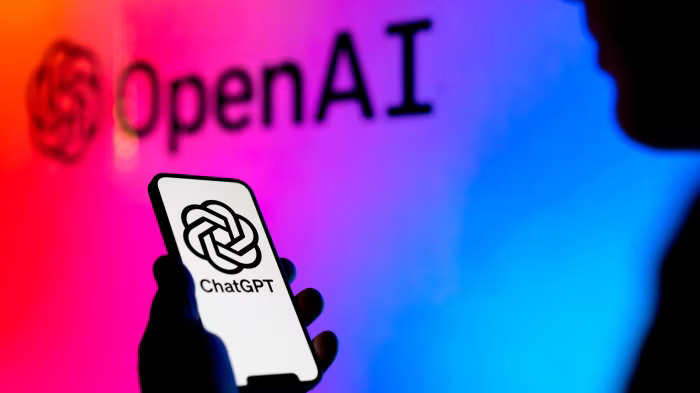
AI Chat: The Next Big Thing – Free GPT Chat Service
In a world where technology is rapidly evolving, artificial intelligence (AI) continues to redefine the way we interact with machines and the internet. Among the myriad applications of AI, one of the most intriguing and promising is AI-powered chat services. These services leverage natural language processing (NLP) algorithms to engage users in human-like conversations, offering assistance, entertainment, and even companionship. Among the forefront of these innovations is the Free gpt chat Service, which is poised to revolutionize the way we communicate online.
The Rise of AI Chat Services
Chatbots have come a long way from their humble beginnings. What started as simple rule-based systems has evolved into sophisticated AI-powered conversational agents capable of understanding context, generating meaningful responses, and adapting to user inputs in real-time. This evolution has been largely driven by advancements in machine learning, particularly in the field of deep learning.
GPT (Generative Pre-trained Transformer) models, developed by OpenAI, represent a significant milestone in this journey. These models are trained on vast amounts of text data, enabling them to understand and generate human-like text across a wide range of topics. The latest iterations of GPT, such as GPT-3.5, have demonstrated remarkable capabilities in understanding and generating natural language, making them ideal candidates for powering AI chat services.
Introducing the Free GPT Chat Service
The Free GPT Chat Service is a groundbreaking platform that harnesses the power of GPT technology to provide users with a seamless and engaging conversational experience. Unlike traditional chatbots, which are often limited in scope and functionality, the Free GPT Chat Service leverages state-of-the-art AI models to deliver responses that are contextually relevant, insightful, and even entertaining.
One of the most compelling features of the Free GPT Chat Service is its ability to engage users in conversations on virtually any topic. Whether you’re seeking information, advice, or simply looking for someone to chat with, the Free GPT Chat Service is always ready to lend an ear (or rather, a virtual voice). From discussing the latest news and trends to sharing personal anecdotes and jokes, the possibilities are endless.
The Benefits of Free GPT Chat Service
- Accessibility: One of the most significant advantages of the Free GPT Chat Service is its accessibility. Available through a variety of platforms including web browsers, messaging apps, and mobile devices, users can access the service anytime, anywhere, with just a few clicks or taps.
- Personalization: The Free GPT Chat Service is designed to adapt to the preferences and interests of individual users. Through continuous interaction and feedback, the service learns from each conversation, tailoring its responses to better meet the needs of each user over time.
- Versatility: Whether you’re looking for practical assistance, intellectual stimulation, or simply a friendly chat, the Free GPT Chat Service is up to the task. Its versatility allows it to engage users in a wide range of conversations, from the mundane to the profound.
- Privacy: Privacy and security are paramount concerns in today’s digital landscape. The Free GPT Chat Service prioritizes user privacy, ensuring that sensitive information remains confidential and secure at all times.
The Future of AI Chat Services
As AI technology continues to advance, the possibilities for AI chat services are virtually limitless. From personalized virtual assistants and digital companions to immersive storytelling experiences and interactive learning platforms, the potential applications of AI chat services are vast and diverse.
Looking ahead, we can expect to see even greater integration of AI chat services into our daily lives. As these technologies become more sophisticated and intelligent, they will play an increasingly prominent role in how we communicate, collaborate, and connect with one another in the digital age.